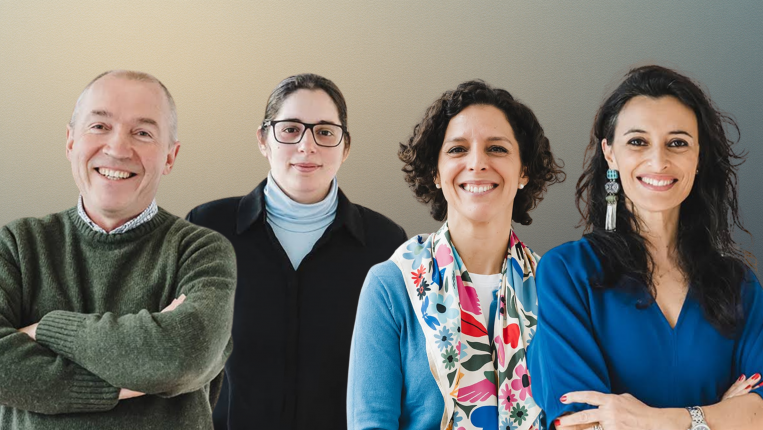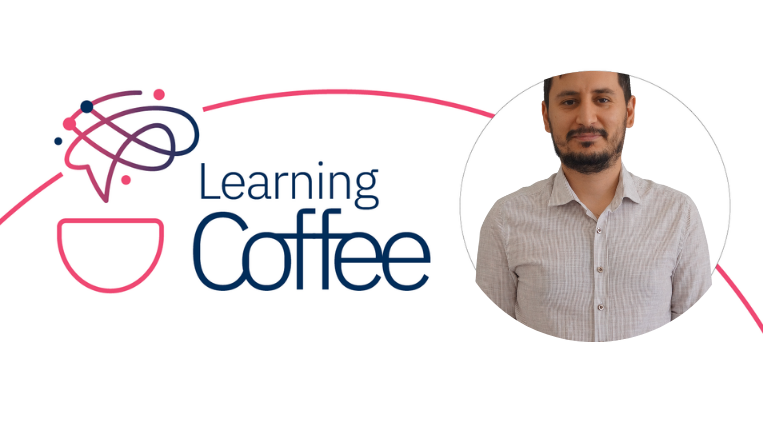This course develops a global and integrated view of concepts and methods for a comprehensive and participative management of safety and well-being at work. Students are expected to be able to:
- analyze the relations between work, safety and well-being starting from real work, professional experience and workers’ power to act/intervene;
- critically think about the current and prospective changes (organizational, technical, social) in the workplace, considering their impact on the possibilities of preserving workers’ health and well-being (e.g., the growing expression of so-called non-pathological problems, indicative of physical and psychological suffering);
- apply instruments for the knowledge of work-related constraints, namely for the diagnosis of occupational risks, based on a participatory and comprehensive approach to work activity, with a view to drawing up proposals for intervention that are consistent with conditions that promote well-being;
- relate concepts and methods that allow an understanding of and intervention in the impacts of work on health and well-being, contributing to the sustainability of work and the construction of healthy workplaces.




